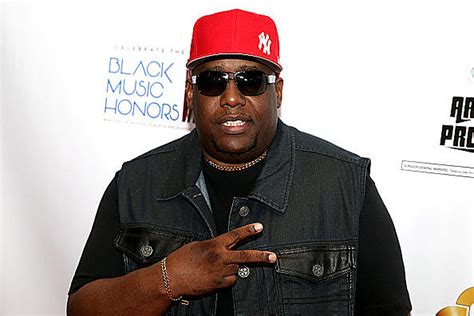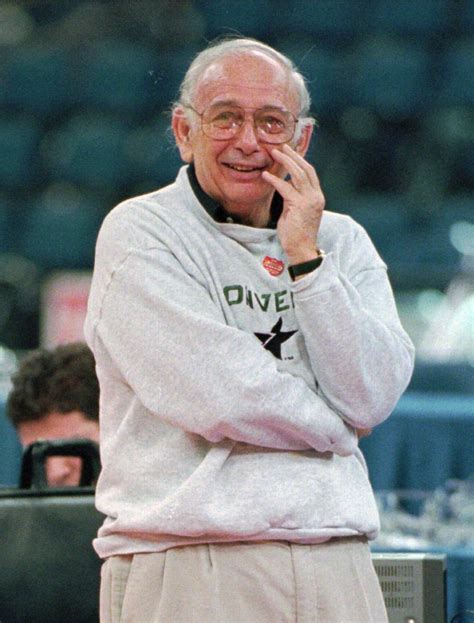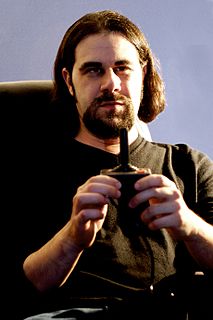A Quote by David Mamet
It's hard to write a good play because it's hard to structure a plot. If you can think of it off the top of your head, so can the audience.
Related Quotes
Anyone can write five people trapped in a snowstorm. The question is how you get them into the snowstorm. It's hard to write a good play because it's hard to structure a plot. If you can think of it off the top of your head, so can the audience. To think of a plot that is, as Aristotle says, surprising and yet inevitable, is a lot, lot, lot of work.
A lot of the old-school artists didn’t even respect what’s being called freestyle now... any emcee coming off the top of the head wasn’t really respected. The sentiment was emcees only did that if they couldn’t write. The coming off the top of the head rhymer had a built-in excuse to not be critiqued as hard
You have to surrender to your mediocrity, and just write. Because it's hard, really hard, to write even a crappy book. But it's better to write a book that kind of sucks rather than no book at all, as you wait around to magically become Faulkner. No one is going to write your book for you and you can't write anybody's book but your own.
I had a lot of great lakes of ignorance that I was up against, I would write what I knew in almost like islands that were rising up out of the oceans. Then I would take time off and read, sometimes for months, then I would write more of what I knew, and saw what I could see, as much as the story as I could see. And then at a certain point I had to write out what I thought was the plot because it was so hard to keep it all together in my head. And then I started to write in a more linear way.
A Thousand Pardons began at the beginning. I wanted it to be one continuous, almost breathless kind of story. In order to do that, it's really hard not to begin at the beginning. There's such a chain of consequence to everything that happens to main characters - it's very hard to break it apart and still be able to hold the plot in your head.
The 250-page outline for American Tabloid. The books are so dense. They're so complex, you cannot write like I write off the top of your head. It's the combination of that meticulousness and the power of the prose and, I think, the depth of the characterizations and the risks that I've taken with language that give the books their clout. And that's where I get pissed off at a lot of my younger readers.
["Fear & Loathing in Las Vegas"] is a very hard book to translate to film because there's so much interior monologue. The what if factor. I tried to write it cinematically and let the dialogue carry it but I forgot about the interior monologue. It's kind of hard to show what's going on in the head. I think we should do it like a documentary.



































